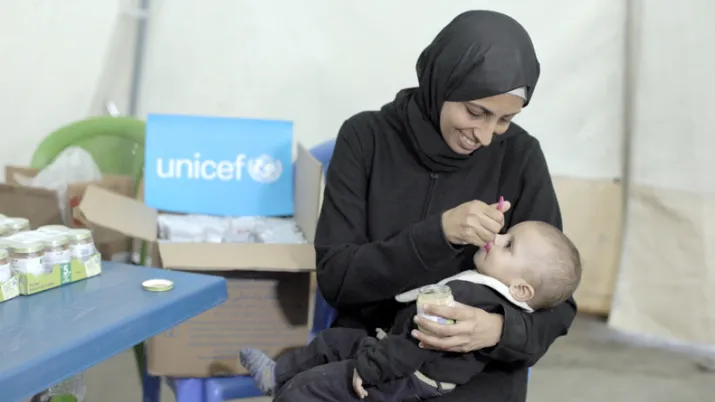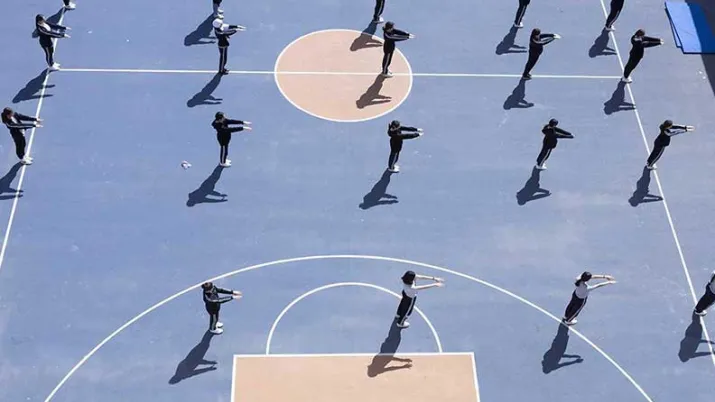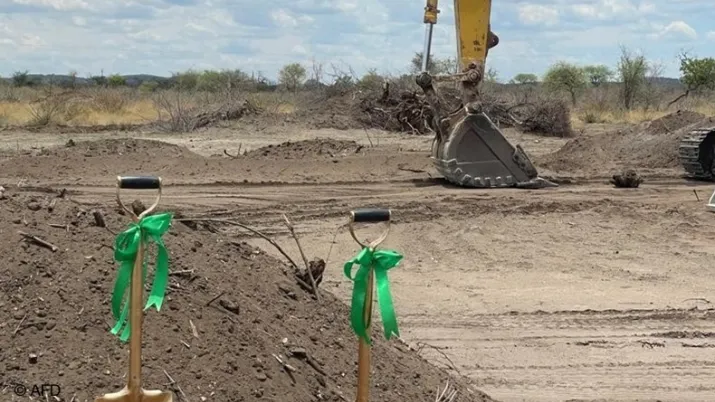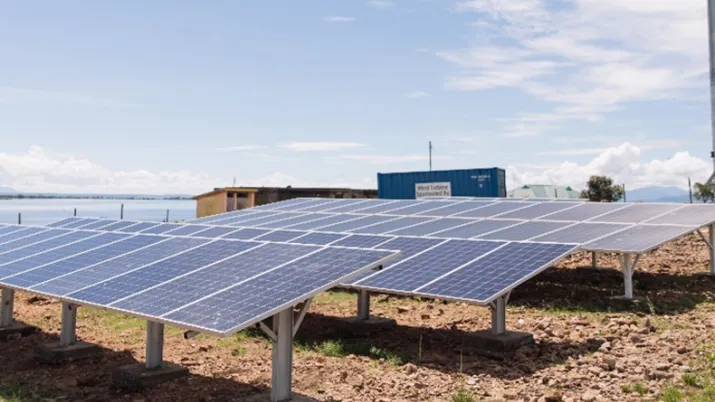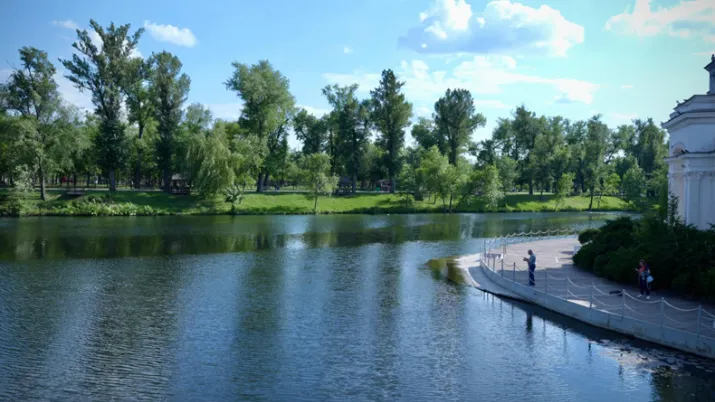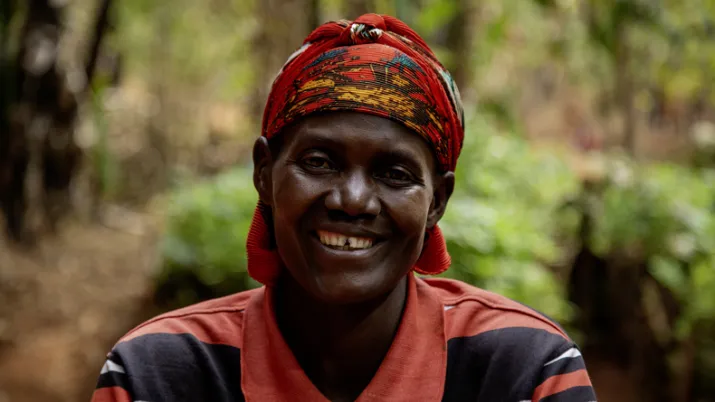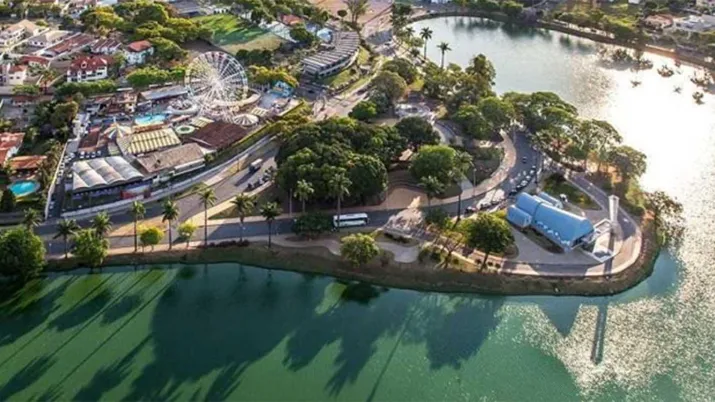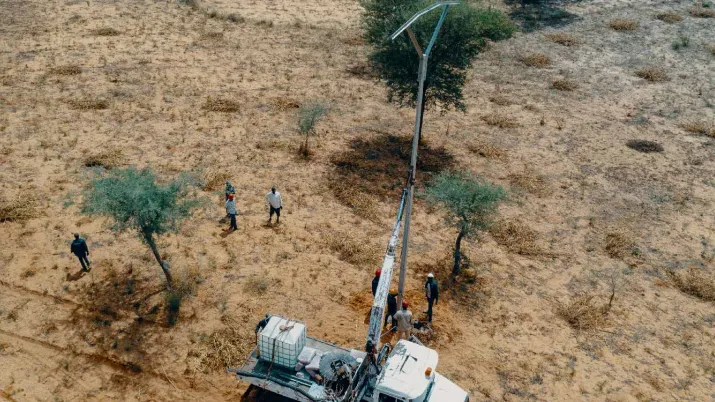Share the page
Increasing water access with renewable energy production, the Nexus North project
Project
This project is carried out with the support of the European Union

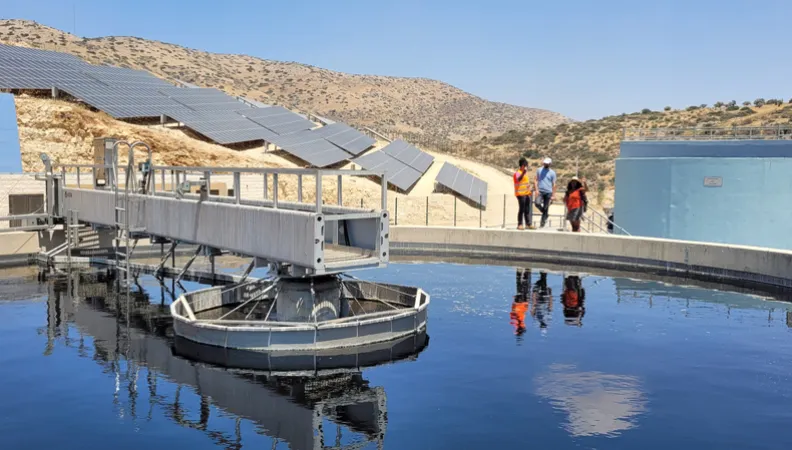

-
Project start date
-
Status
Ongoing
-
Project end date
-
-
Project duration
-
9 years
-
AFD financing amount
-
€ 18 243 000
-
Country and region
-
Location
-
Tubas governorate and Jenin governorate
-
Type of financing
-
Beneficiaries
-
Jenin West Water Utility and Tubas Water Utility
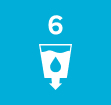

This project is carried out with the support of the European Union

The content of this project information sheet falls under the sole responsibility of the AFD and does not necessarily reflect the opinions of the European Union.
Palestine suffers from a low rate of drinking water per inhabitant per day, with 70 liter per day and per person. Management of water is also a challenge for water utilities which faces physical and financial losses. The Nexus North project aims at supporting two water utilities in rural areas, located in North West Bank, Tubas and Al-Yamoun Joint Services Councils. The project, by financing water and sanitation infrastructures and capacity building for the water utilities will improve water and sanitation services. This innovative project includes investments in renewable energies in order to power the financed water and sanitation infrastructures and thus, reduce the electricity bill and dependence on imported energy from Israel.
Context
Access to drinking water is a major issue in Palestine, which is subject to significant water stress. The resources granted to the Palestinians by Oslo II agreement (1995) are not sufficient to meet the growing demand for basic services, particularly access to drinking water and sanitation.
The Palestinian Authority therefore considers the improvement of drinking water supply and access to sanitation as a priority. The implementation of the water reform voted in 2014 includes building the capacity of local operators to enable the provision of efficient and sustainable services.
In the energy sector, the Palestinian Territories, which imports 98% of its electricity from Israel, aims to reduce this dependence by increasing renewable energy production.
Description
The Nexus North project combines an innovative approach with investments in the water and renewable energy sectors. This project is part of the joint strategy with the European Union to provide equitable and sustainable access to water, sanitation and energy services.
The water and sanitation component includes the extension and improvement of drinking water networks, including the construction of new reservoirs, as well as connections to the sewerage network. A hybrid renewable energy system (two wind turbines and a solar power plants for a total capacity of 3.7 MW) will be designed to operate synchronously with the drinking water network allowing for substantial savings in service management.
Finally, emphasis will be placed on capacity building for the two utilities, the project’s contracting authority in the spirit of the operationalization of the water sector reform.
Impacts
The project will improve the living conditions of the population in both targeted districts by improving access to water and sanitation. Households newly connected to the drinking water network will see a reduction in the share of their budget allocated to water expenses, currently supplied by tanker trucks. The sanitation work will have a positive impact on public health and quality of the natural environment and groundwater resources.
Thus, 20,000 additional people will benefit from a drinking water supply service, and 3,000 people will benefit from a sanitation service. Finally, the production of 5600 MWh of renewable energy per year will save 4000 tons of CO2 each year.
Sustainable Development Goals
Clean Water and Sanitation
Goal 6 seeks to achieve universal and equitable access to safe drinking water, hygiene, and sanitation by 2030, especially for vulnerable populations. It also calls for sustainable water management and reducing the number of people affected by water scarcity.
The goal includes the concept of transboundary water management, which is key not only to sustainable governance but also to peace and cooperation.

Affordable and Clean Energy
Goal 7 lies at the heart of today’s major challenges and tomorrow’s opportunities. Access to sustainable energy is essential not only for fighting climate change, but also for job creation, housing, connectivity, safety, food production, and more. This SDG represents a clear opportunity to transform lives, economies, and the planet.





